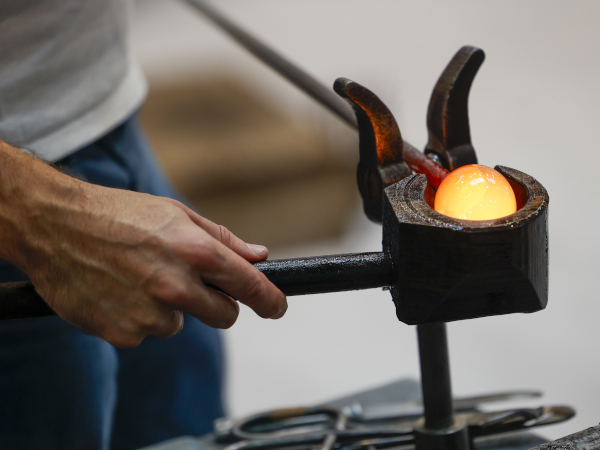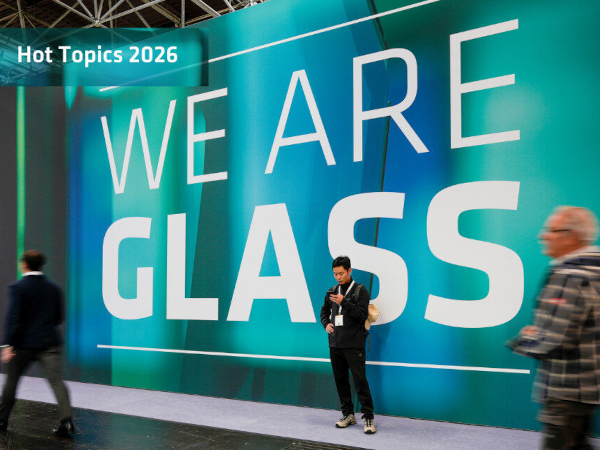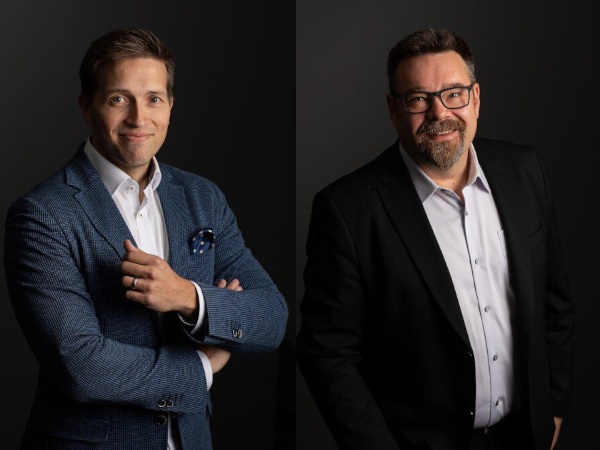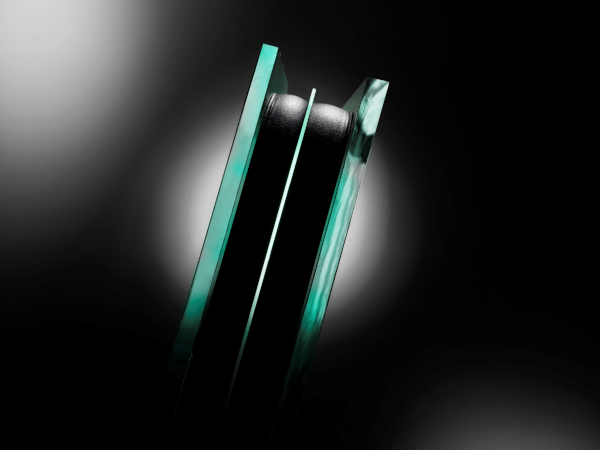Date: 29 October 2004
Since 1992, FIB Services (FIBS for short), markets a unique hot-repair ceramic welding process for coke oven and glass furnaces, as well as for various reactors such as hot blast stoves (cowpers).This process, called Reactive Projection Repair (RPR), was the subject of many years research and development to obtain materials of the highest quality, and is protected by several international patents.
FIB Services propose also high temperature endoscopic survey.
2. Process characteristics
The process creates, on the treated area itself within the furnace, a ceramic bond.
The refractory repair mass is obtained through the projection of a mixture made up of a refractory charge together with a mix of reactive powders.
When contacting the surface under repair, this reactive mix generates an exothermic reaction leading to the formation of a ceramic bond, a mechanism that can be assimilated to a classical weld.
This bonding phase insures both the cohesion of the refractory grains in the charge, and adhesion to the surface under repair. The composition of the refractory and reactive powders to be projected is adapted to suit the repair area.
3. Machine and equipments
The patented process of FIBS represents a new alternative to the already existed or proposed process. The application is very easy thanks to a performing, compact and light equipment, giving safety warranties and very reliable.
Size (H x W x D)
1200 x 600 x 800 mm
Weight
+ / - 140kg
One of the main advantages of our projecting machine is the simplicity of its conception but also the high quality of its components.
- no electricity
- no electronics
- no moving parts
- no nitrogen
- 4 safety levels on oxygen connections
- no pressure (continuous welding, with any stop for charging)
However, in 2000, we have developed a modular concept.
The components are fit together in 3 different modules :
- module 1 : instrumentation
- module 2 : powder collector, venturi
- module 3 : metallic frame
So, in case of emergency, it is easy to forward very quickly any module by airmail.
The machine was designed, manufactured and updated with the users.
4. Welding materials
Our range of products is suitable to various refractory lining to repair allowing this way a very large flexibility for repair operations and a rather short delay to respond at the customers' requests. The last developments of our technology allow us to give our customers a very high satisfaction rating and an extending lifetime for the repaired installations
All powders are manufactured, controlled and tested by FIB/S before supplying.
For each supplying, FIB/S test and keep a sample before sending the product.
Bags : 10 kg each (ergonomy)
5. Endoscopy
The endoscopic survey at high temperatures allows a reliable and quick diagnostic "live" giving also the opportunity of photographs or pictures "acquisition".
These photographs or pictures could be afterwards analysed and/or duplicated again.
Endoscopy is also efficient as an assistant for repairs in very bad visibility conditions or even with no visibility (for instance: in glass furnaces).







Add new comment